Overview
NEW
Exechon Algorithm
2025
Learning-assisted Drifting
2024
Video Panoptic Segmentation
2024
Perception-enabled Pure Pursuit
2023
High-performance Control Design
2023
Policy Learning for an Unbalanced Disc
2023
U-Net Semantic Segmentation
2023
Autonomous Multi-Drone Coordination
2023
3D Point Cloud Filtering
2023
Anomaly Detection with Autoencoders
2023
Exercise Activity Detector
2022
Autonomous Drone Navigation
2021
NEW
2025
Exechon Algorithm
Python
SQL
ETL
API Integration
Optimization
Sentiment Analysis
small-team personal project
Exechon is a modular, layered analytics platform that turns raw SEC 13F filings, stock financial data and real-time news into insight-ready data. A rich CLI and interactive visualizations let professionals explore “what-if” scenarios, stress-test strategies, fine-tune simulations and parameters, and compare performance to similar benchmarks. Its clean architecture, smart storage layer, and extensible design make Exechon a single, scalable hub for data-driven investment research.




2024
Learning-assisted Drifting for F1Tenth Autonomous Race Cars
Python
Matlab
ROS
Optimization
Machine Learning
Control Systems

Associated with TU/e (MSc Thesis)
Developed an advanced control framework for autonomous drifting using small-scale F1Tenth vehicles, integrating automated gain tuning and Gaussian Process-based model augmentation to enhance control accuracy and path tracking in complex trajectories.
2023
Depth-Aware Video Panoptic Segmentation & Monocular Depth Estimation
Python
Deep Learning
Neural Networks
High Performance Computing

Associated with TU/e

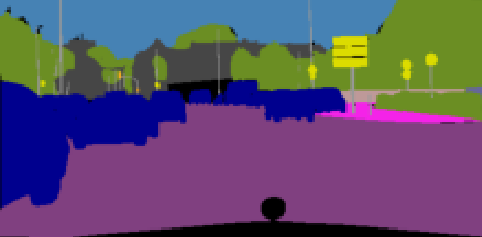
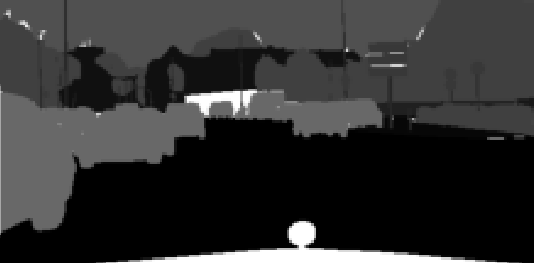
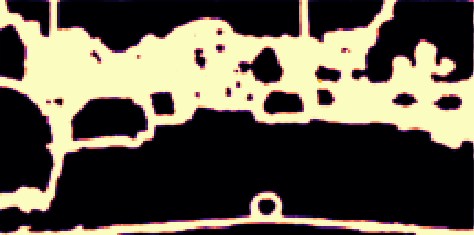
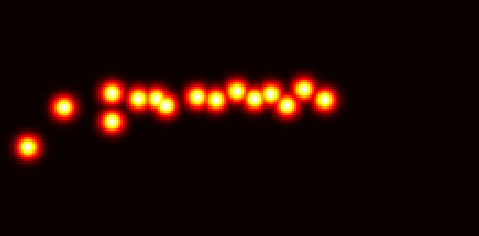
2023
Semantic Segmentation using a UNet-based Architecture
Python
Deep Learning
Generative AI
Encoders

Associated with TU/e
Developed a robust semantic segmentation model for urban street scenes using a U-Net-based architecture, addressing challenges in class imbalance, image quality degradation, and generalization. Enhanced performance through data augmentation, external datasets, transfer learning, and adaptive class weighting, demonstrating improved segmentation on the Cityscapes dataset.
2023
Perception-enabled Pure Pursuit for Small Scale Racing Cars
Python
Deep Learning
Object Detection
ROS
Controller
Reinforcement Learning

Associated with TU/e
Developed an autonomous agent for small-scale racing cars to navigate unknown racetracks using object detection for cones and a 2D environmental map. Implemented and modified a geometric controller for improved adaptability and speed while conducting a theoretical analysis of reinforcement learning for decision-making.
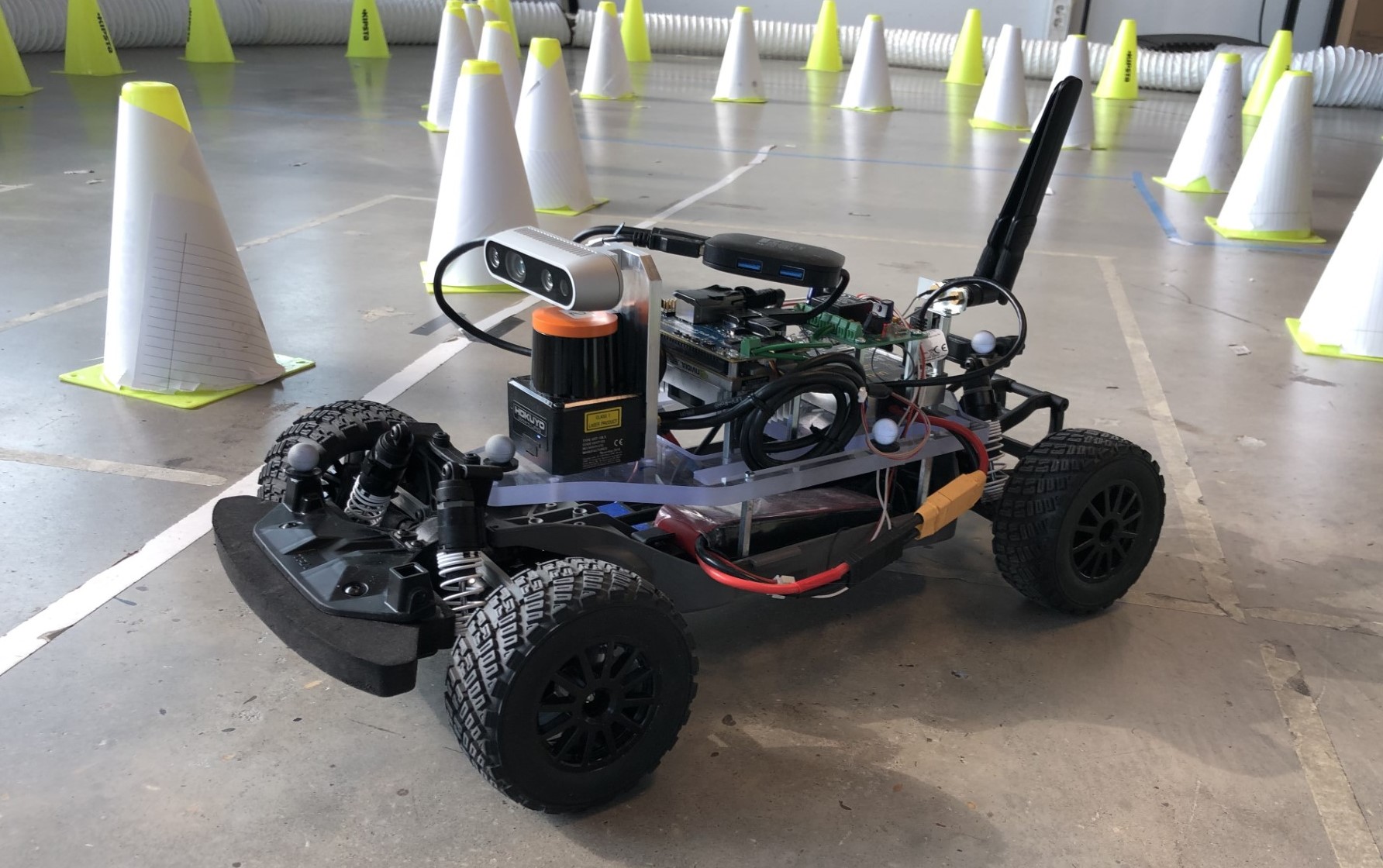
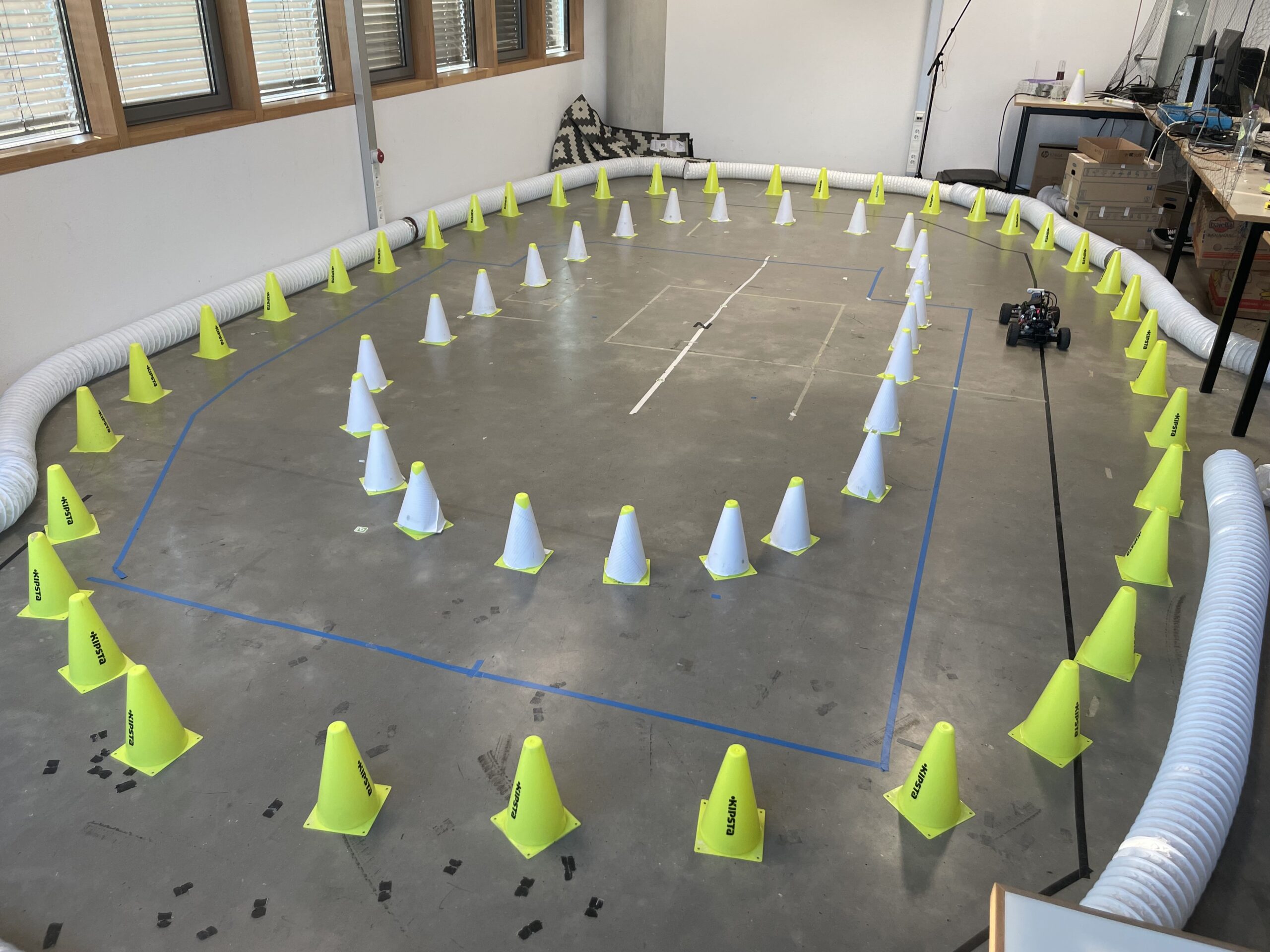
2023
High-Performance Control Design for a Fourth-Order Rotational Motion Setup
Matlab
Simulink
Control Theory
Frequency Analysis

Associated with TU/e
Designed and implemented a high-performance control system for a fourth-order rotational motion setup, significantly improving trajectory tracking accuracy using advanced feedback and feedforward techniques.
2023
Policy Learning for an Unbalanced Disc
Python
Model Identification
Probabilistic Machine Learning
Reinforcement Learning

Associated with TU/e
Developed a control policy for an unbalanced disc pendulum system using Gaussian Processes, Neural Networks, and Reinforcement Learning, enabling successful swing-up and stabilization while extending control to multiple target positions.
2023
Autonomous Multi-Drone Coordination for Wildfire Detection and Suppression
MATLAB
Control Theory
Flocking
Multi-agent Systems
LTL Specifications

Associated with TU/e
2023
3D Point Cloud Filtering
Python
ROS
Point Clouds
Filters

Associated with TU/e
Developed a custom Robot Operating System (ROS) node to filter a noisy cumulative point cloud, enhancing data quality for improved perception and navigation in robotic applications.
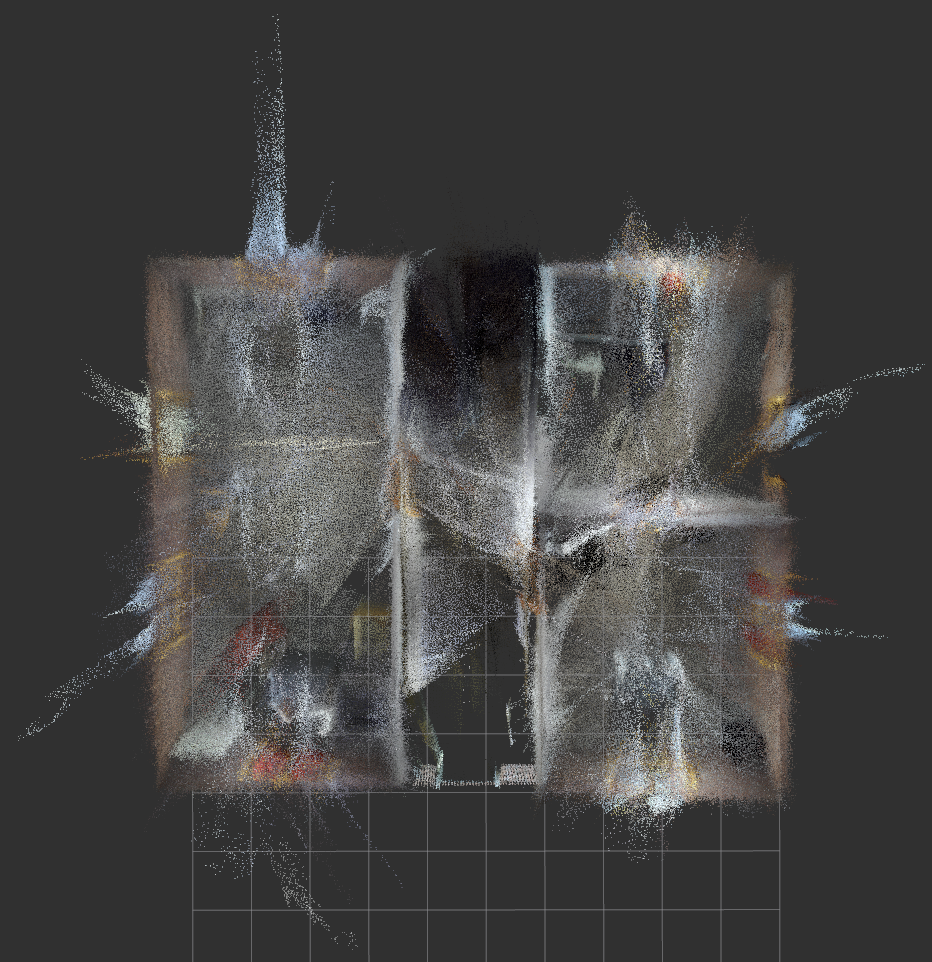

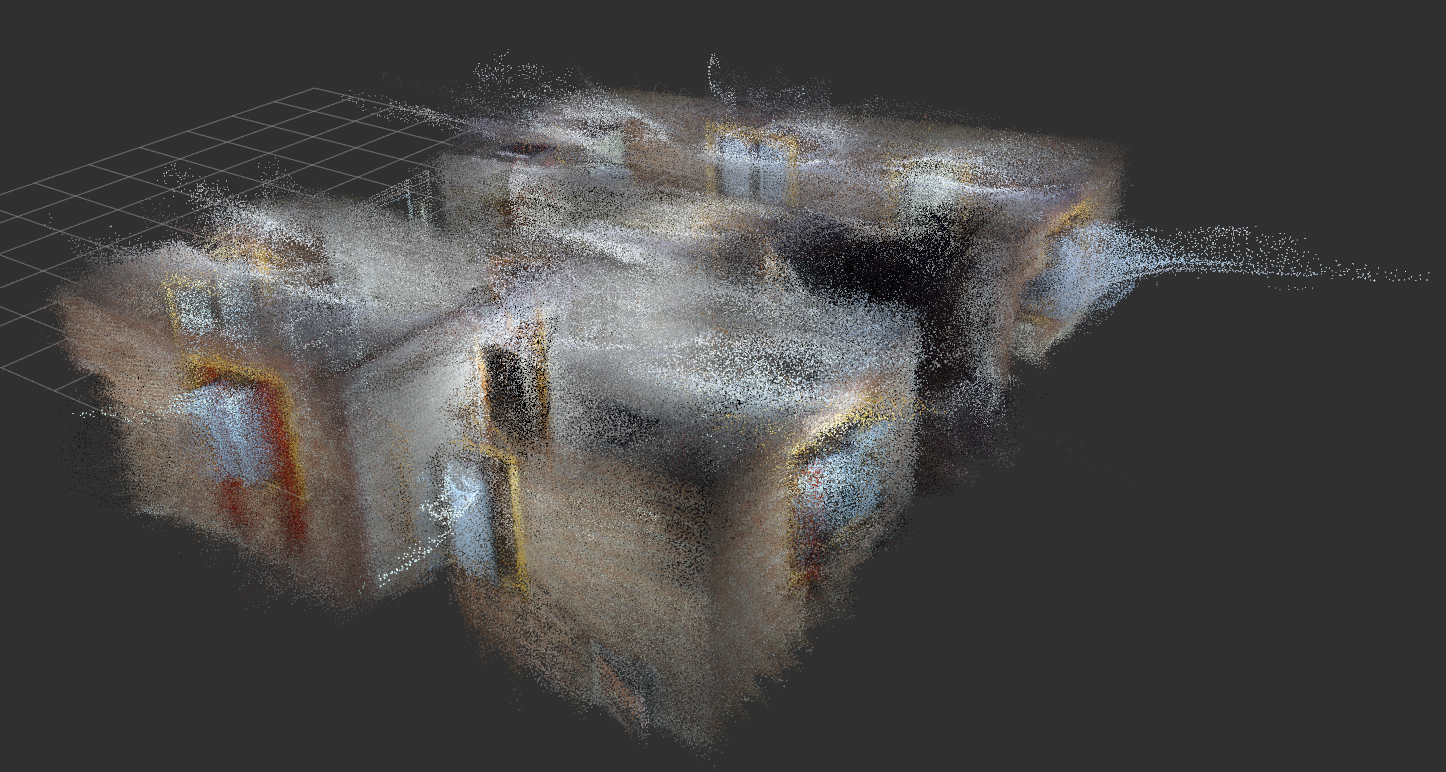
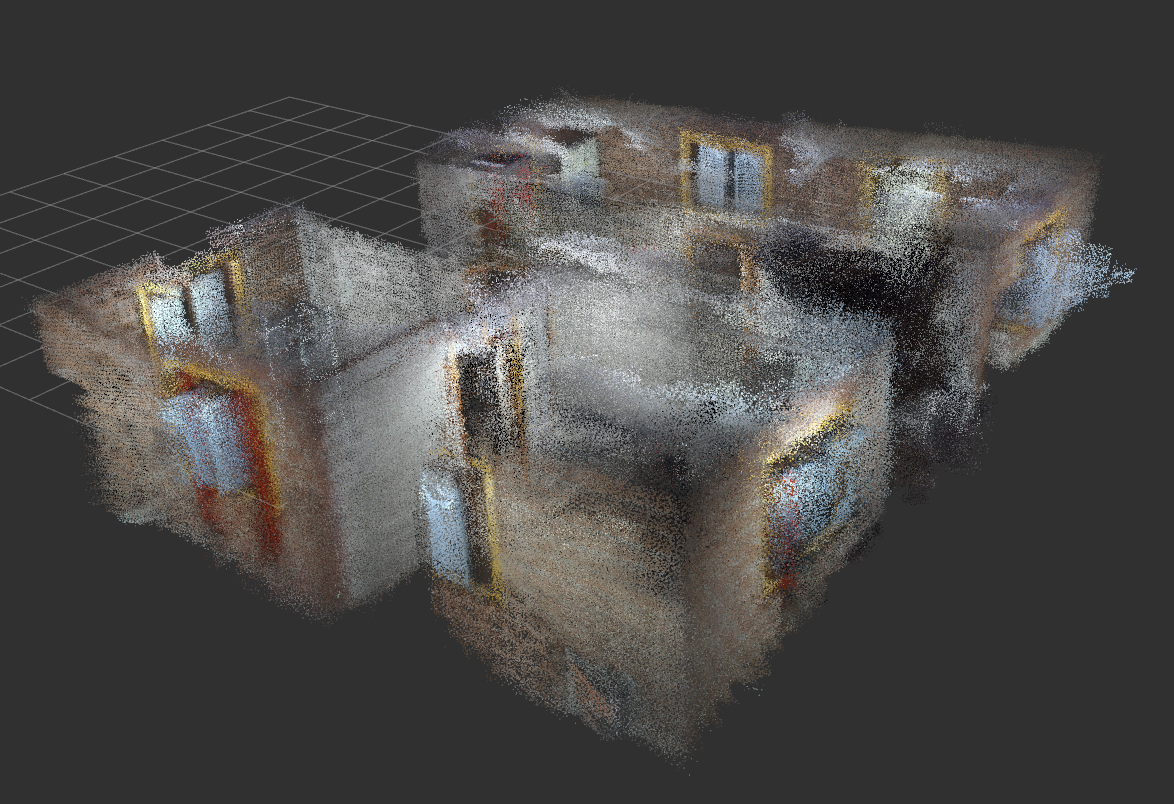
2022
Anomaly Detection with Autoencoders
Python
Deep Learning
CNNs
Unsupervised Learning
Generative AI

Associated with TU/e
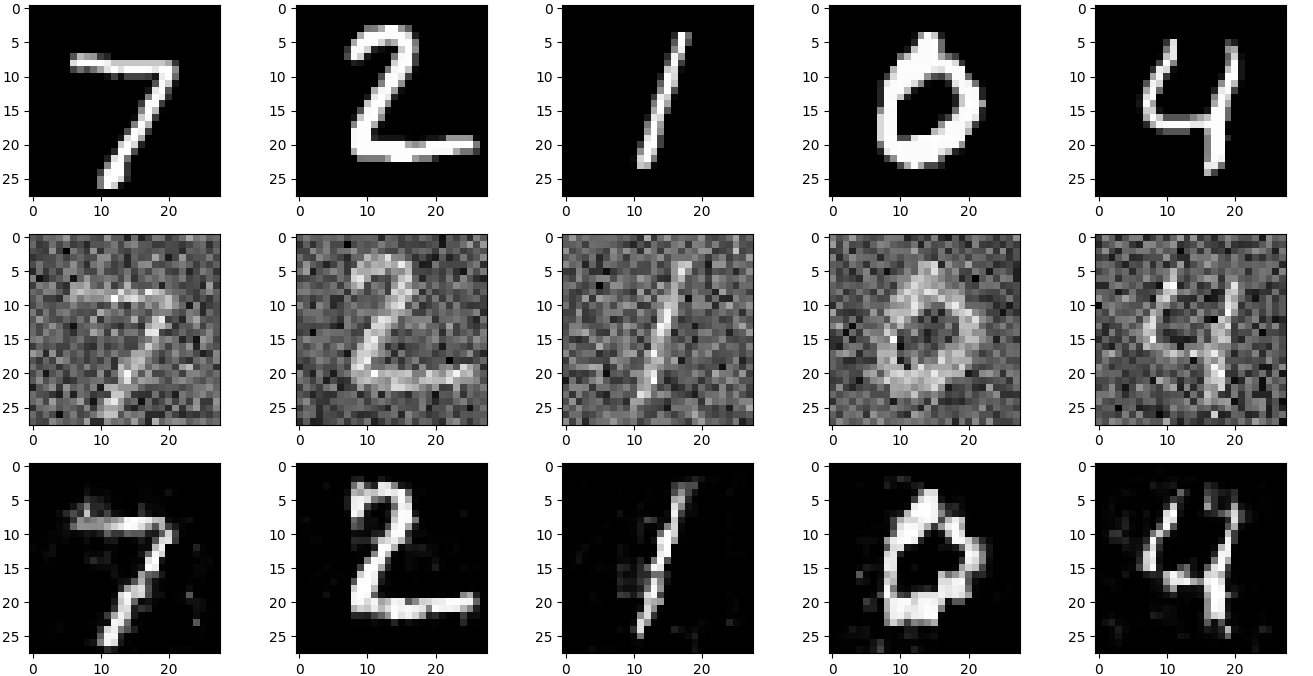
2022
Exercise Activity Detector
Python
Unsupervised Learning
Time-series Analysis
Sensor Fusion

Associated with TU/e
2021
Autonomous Drone Navigation for Landmark Position Estimation using Reinforcement Learning
Python
Reinforcement Learning
ROS
Neural Networks
Unsupervised Learning
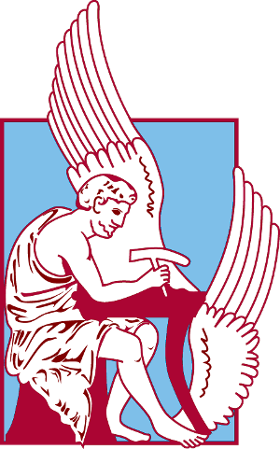
Associated with TUC
Before Training
After Training
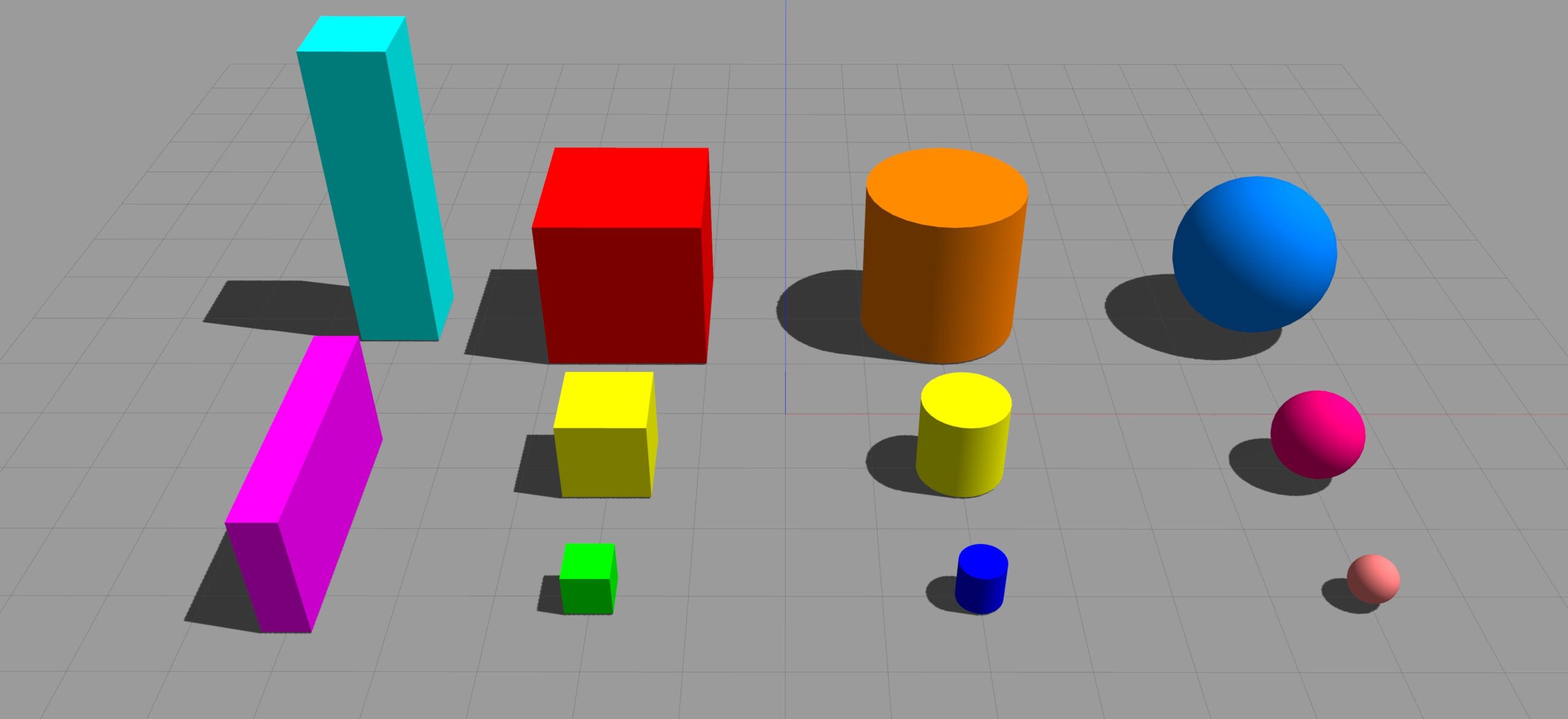
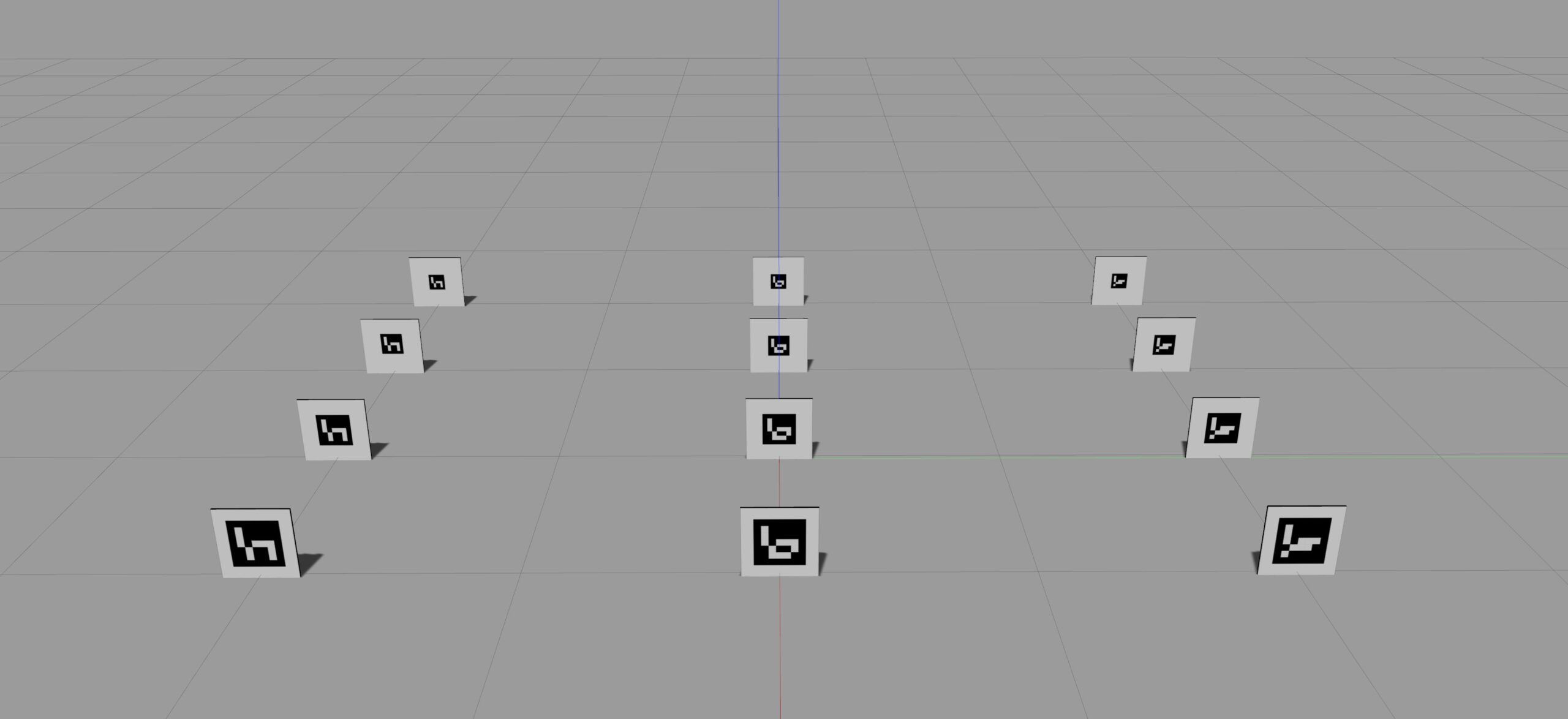
More projects
For additional projects, check out my LinkedIn profile and coding repositories below.